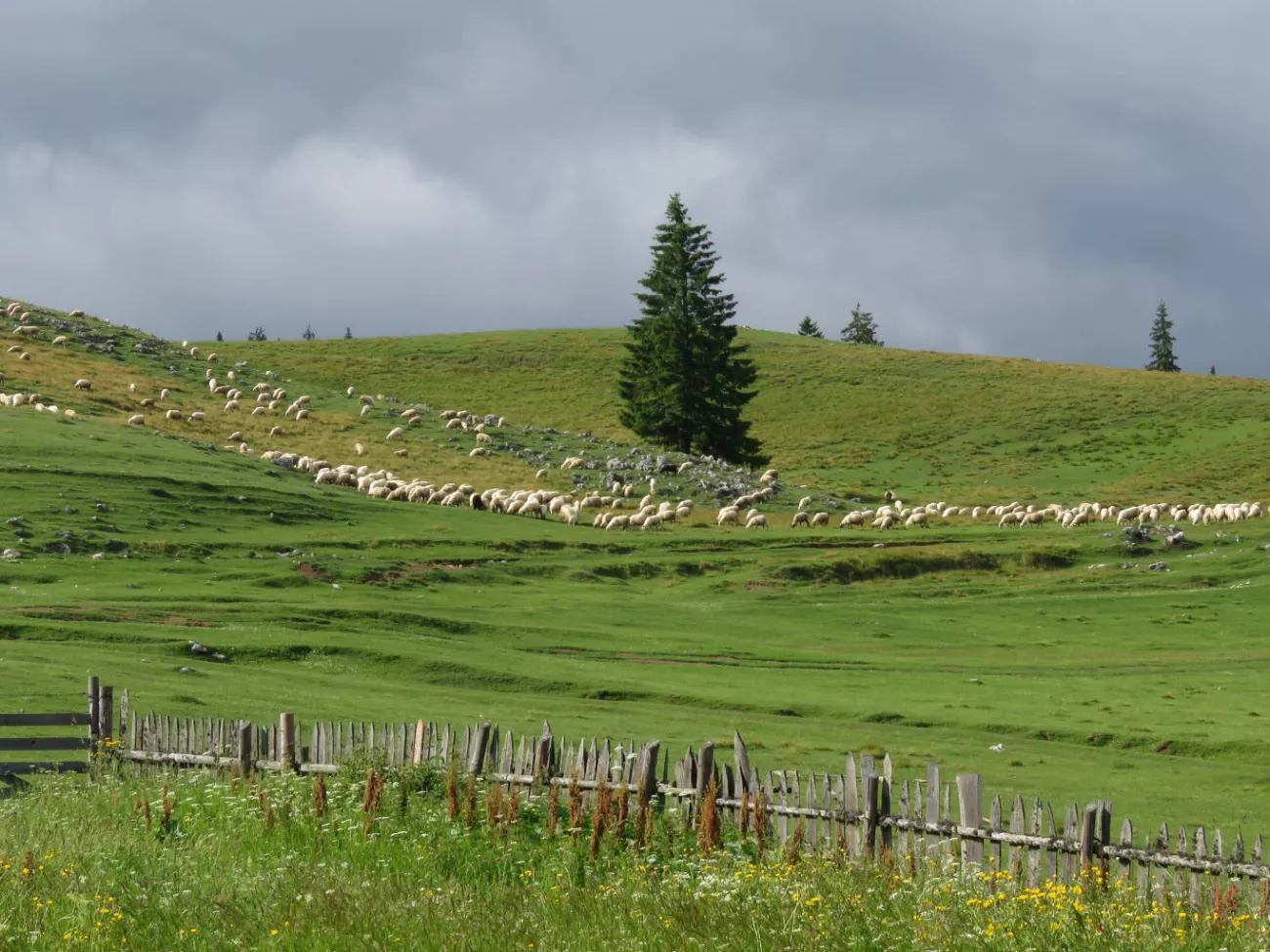Zsolt Molnár, research group leader of the ELKH Centre for Ecological Research, and Dániel Babai, research group leader of the ELKH Research Centre for the Humanities, published their methodological review in Trends in Ecology and Evolution, the world's most prestigious ecological journal. In their paper, the researchers sought to find out what methods and research approaches are most effective for investigating the ecological knowledge of people living in rural areas and interacting with nature.
One of the biggest challenges for researchers in studying traditional ecological knowledge is to understand what people living close to and with nature– farmers and pastoralists – know about nature and how they use this knowledge in their everyday lives when deciding whether to plow, sow, mow or graze. "Studying our fellow human beings' knowledge of nature requires us to be both biologists and ecologists, as well as cultural anthropologists, ethnographers and psychologists. As we are trying to understand the relationship between nature and humans, much of this knowledge is implicit, less expressible in words, making it a rather difficult area to elicit," summarises ecologist Zsolt Molnár.
Different cultures around the world have different ways of perceiving their environment. Modern humans tend to understand nature as a resource, a service. However, most traditional cultures are more humble in their approach to nature, and the people living in these cultures see the animals and plants of forests and meadows as their relatives, as members of their families. In fact, in many cultures, living organisms, natural phenomena, are endowed by humans with agency, i.e. free will and decision-making power. For a Mongolian herder, for example, nature teaches him how to live and graze sustainably, while the Inuits believe (know) that the Canadian beaver 'takes care of' the Inuit hunter to ensure that his family has enough food.
Research into ecological knowledge embedded in a worldview so different from the mainstream requires serious methodological preparation. Questionnaire research is not enough; researchers need to be out there when this knowledge is generated, used, adapted and tested in the given local community. This article provides a synthesis of methodological experience gained over several decades. According to the authors, without ecologists, it would not be possible to understand in sufficient depth the ecological aspects of this knowledge, such as what locals know about grasses, sedges, bulrushes and rushes. At the same time, they point out that ecologists need to familiarize themselves more deeply with the methodologies of social sciences and further develop their links with social scientists, as without them, research on this topic can easily become superficial.
The article also introduces ecologists to aspects that rarely come up in their studies of plant and animal communities – such as the importance of trust between the researcher and those participating in the research, and the importance of long-term, mutually beneficial collaboration. It is also about mutual respect for teaching methods when researchers and shepherds and farmers compare their often different understanding of nature. These aspects also include respect for the contrasting ethical norms of different cultures and social groups, and the mutual acceptance of different approaches to understanding nature and methods of knowledge validation resulting from different worldviews. The authors also mention the importance of taking human rights into account in this type of research, as well as the so-called decolonization of research methods, an example of which is the shedding of attitudes towards lower and higher-value knowledge that have been prevalent since the Enlightenment.
"We hope that the ever-expanding research into traditional ecological knowledge will provide an opportunity for the knowledge of our ancestors to contribute to ensuring that Earth remains our home for many centuries to come. To quote a shepherd, 'so nature is not left to its own devices'," adds Dr Zsolt Molnár.
